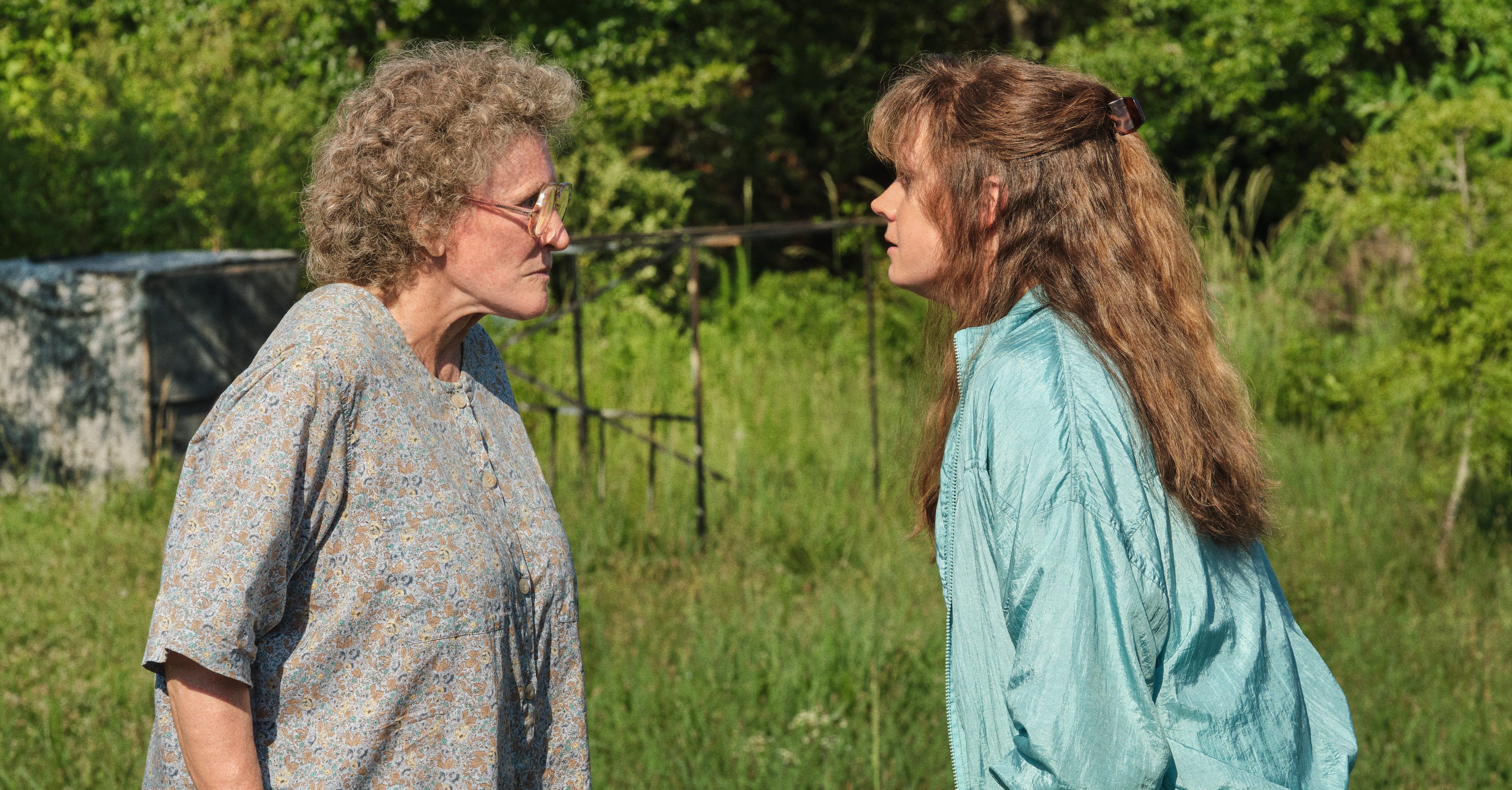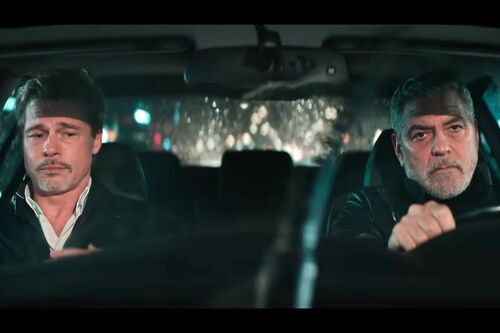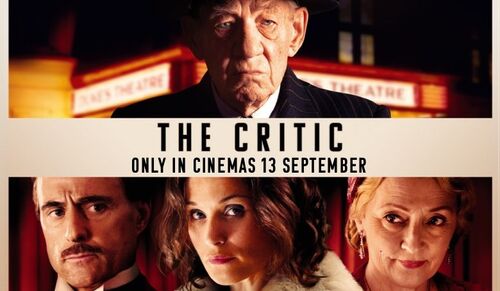
'Hillbilly Elegy' Review
 Is “Hillbilly Elegy” the movie that will finally earn six-time Oscar nominee Amy Adams and seven-time Oscar nominee Glenn Close their gold statues? Well, maybe for one of them.
Is “Hillbilly Elegy” the movie that will finally earn six-time Oscar nominee Amy Adams and seven-time Oscar nominee Glenn Close their gold statues? Well, maybe for one of them.
Director Ron Howard’s latest drama is inspired by J.D. Vance’s book and life story. The film chronicles Vance’s teen to early adult life with his family in Ohio (transplanted from Kentucky) from 1997 to the early 2000’s (with a critical time jump to 2011).
The mid-‘20s Vance, who’s studying Law at Yale is played by Gabriel Basso. The mid-teens Vance, who’s dealing with an unpredictable, dysfunctional home life is played by Owen Asztalos. The performances of both actors fluctuate throughout.
Adams has the showiest role as Beverly, Vance’s unstable, abusive and drug-addicted mother. In flashbacks we see how her childhood years led to her later issues. Adams has played some tough, rough around the edges characters in the past, but this is a major departure. The result is a bit of a ‘trying too hard’ performance instead of one that’s thoroughly convincing.
The standout work comes from Close, as the family matriarch (Beverly’s mother, Vance’s “Mamaw”). She owns every scene she’s in, dominating the second half of the film. She’s the main (and only legitimate) reason to watch “Hillbilly Elegy”.
Vanessa Taylor’s screenplay does provide a sense of time and place, but the movie is too jagged in the way it’s structured and edited. The narrative also goes around in circles, making the “shocking” moments much less powerful than they should be. There’s a clear “August: Osage County” vibe to much of “Hillbilly Elegy”. Comparing any movie to that grey, depressing 2013 film is not a compliment. Howard adds his signature squishy, sincere and sentimental ending. It only makes things worse.


